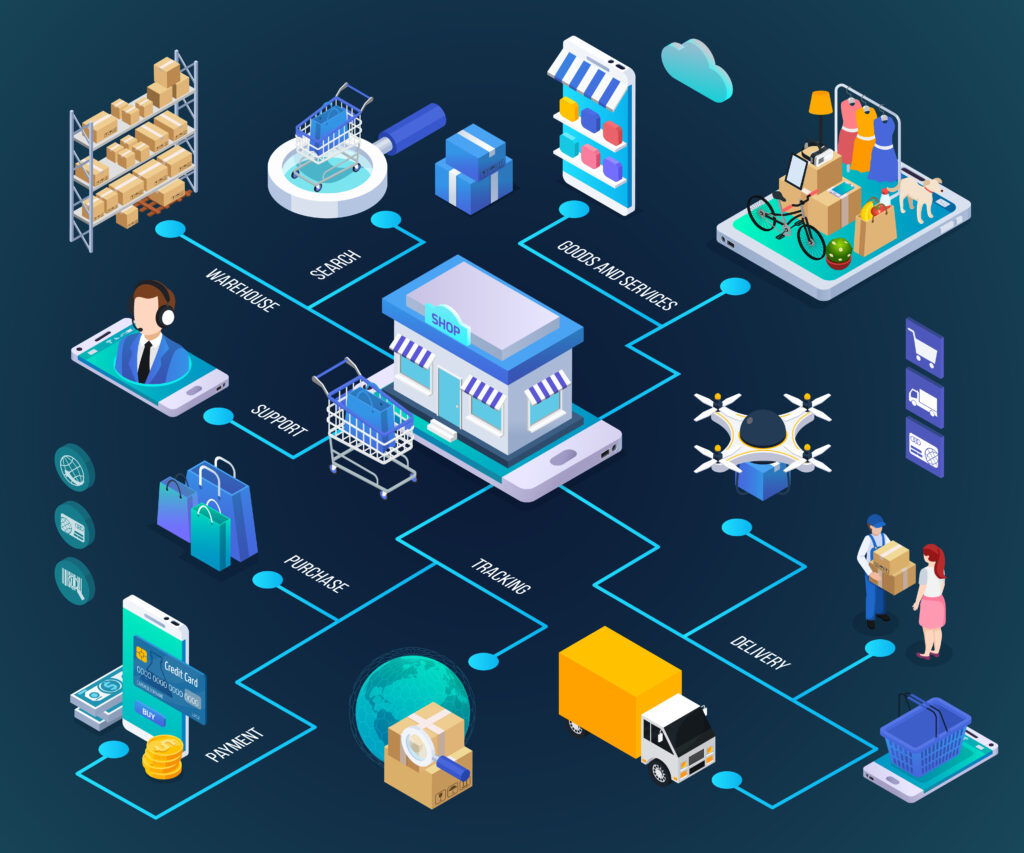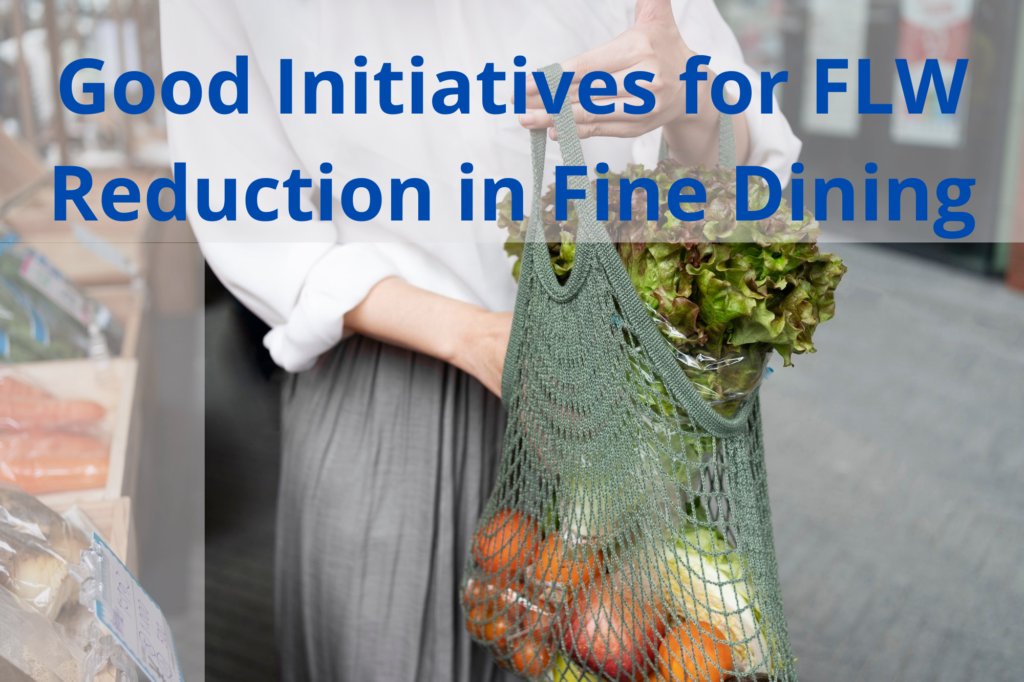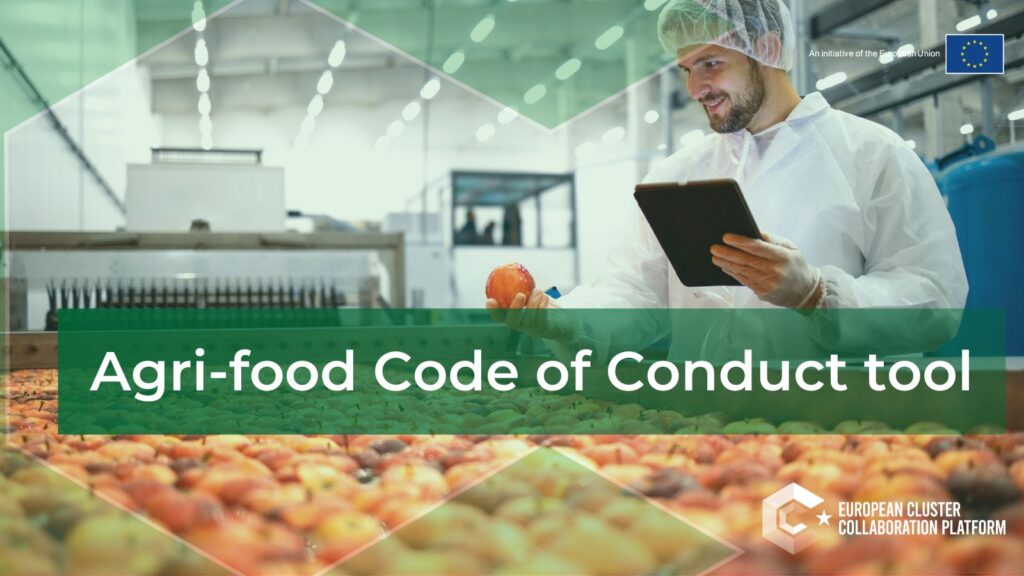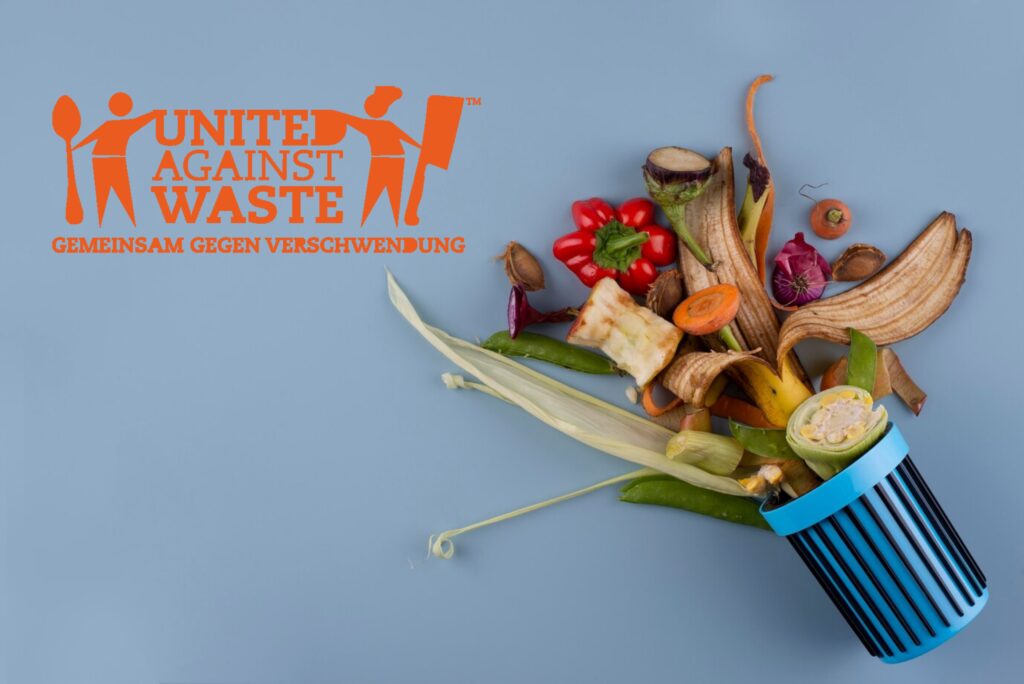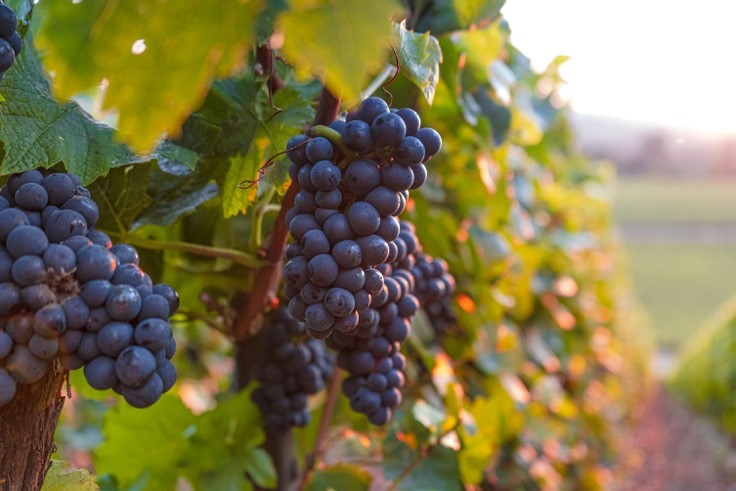By: Ana Novo Barros (WASTELESS Coordinator) From: UTAD In the context of a circular economy and industrial symbiosis, the valorization of by-products holds paramount importance. As industries worldwide grapple with the pressing need for sustainable practices, the focus has shifted from linear production models, which typically involve a straightforward path from raw material extraction to […]
The Crucial Role of By-Product Valorization in Circular Economy and Industrial Symbiosis Read More »


